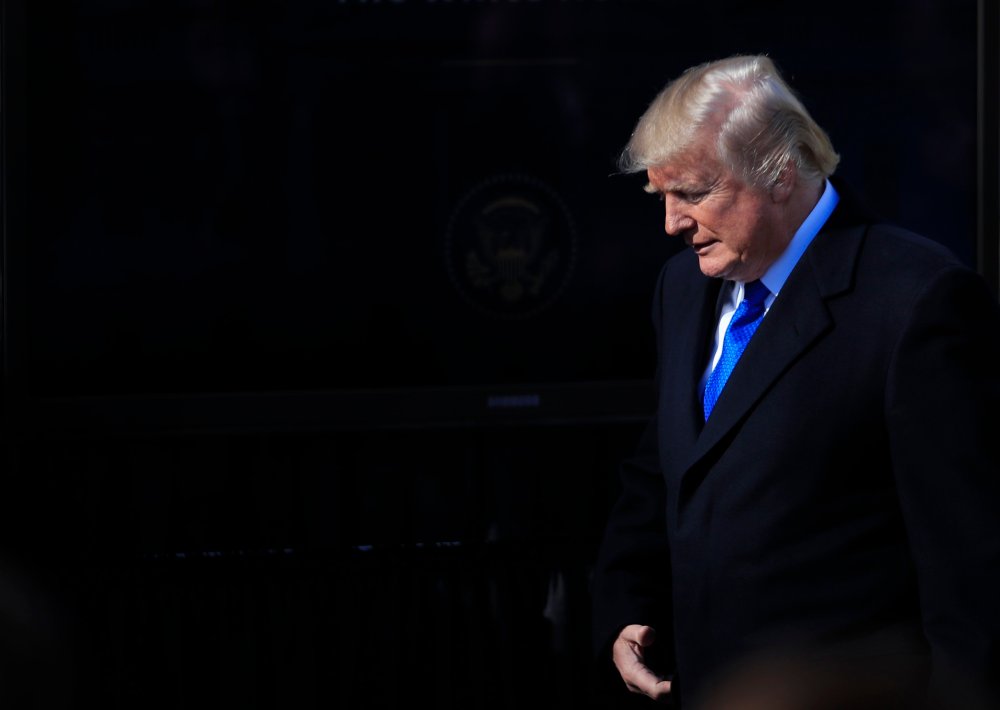Nearly two weeks ago, Donald Trump authorized an airstrike in Iraq that killed Iranian Gen. Qassem Soleimani, risking a war, creating new threats, and bringing new instability to the Middle East. The rational for the military offensive has been … complicated.
The official line was that killing the Quds Force general was necessary to prevent an imminent attack. Or maybe it was a retaliatory measure in response to an attack that killed an American contractor. Or perhaps Soleimani had to be executed because he was targeting an embassy. Maybe the U.S. embassy in Baghdad. Maybe there was more than one embassy. Perhaps even four embassies.
Asked yesterday about the intelligence that might bolster his ever-changing rationale, Trump told reporters the White House’s line has been “totally consistent” — a line he somehow delivered with a straight face. The president then quickly changed the subject.
But that’s not all the Republican had to say on the subject. The New York Times reported:
In the 10 days since it carried out the drone strike that killed Maj. Gen. Qassim Suleimani, the Trump administration has been struggling to draft an after-the-fact narrative to justify it. On Monday, President Trump put an end to that hash of explanations. “It doesn’t really matter,” he tweeted, “because of his horrible past.”
I suppose this was inevitable. As Team Trump’s rationale changed nearly every day for a week and a half, it stood to reason that the president would eventually give up and declare that he considers the truth to be irrelevant.












